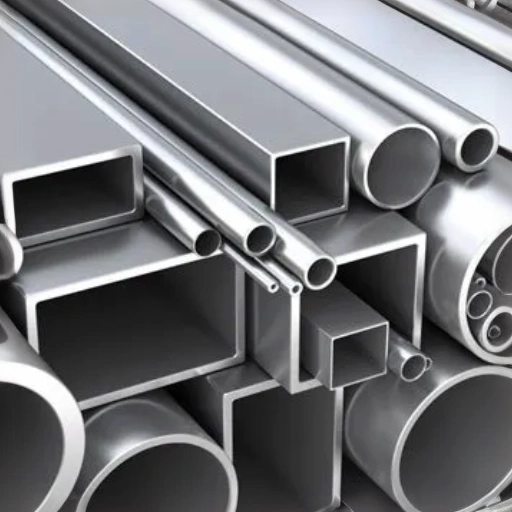India's Trustworthy Brand Serving Since 1997..
- +91 9930532430
- info@rishabhind.in
- Ahmedabad, Gujarat, India



Mr. Rishabh kothari (Proprietor)
Material: Tubes can be made from various materials, including stainless steel, carbon steel, alloy steel, copper, brass, aluminum, and more. The choice of material depends on factors such as corrosion resistance, temperature resistance, mechanical properties, and industry standards.
Size: Tubes come in different sizes, typically specified by their outer diameter (OD) and wall thickness. Standard sizes are commonly expressed in inches or millimeters. The size of the tube plays a crucial role in determining its strength, pressure rating, and compatibility with fittings.
Tolerance: Tolerance refers to the allowable deviation from the specified dimensions. It ensures that tubes meet the required standards and fit accurately with other components or fittings. Tolerances can vary based on the manufacturing process, material, and application.
Length: Tubes are available in various lengths, typically measured in feet or meters. Standard lengths are commonly used, but custom lengths can be requested to meet specific project requirements.
Standard Length: 20ft
Diameter : 9.5mm – 101.6
WhatsApp us